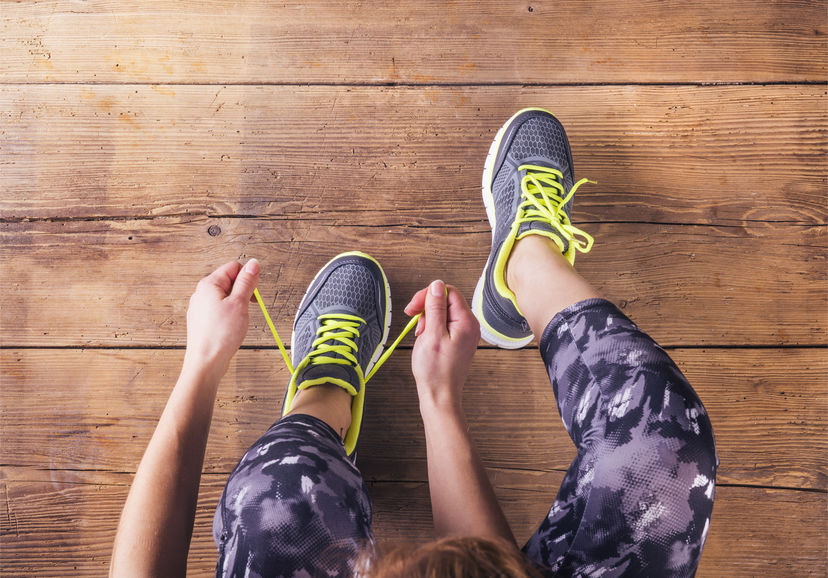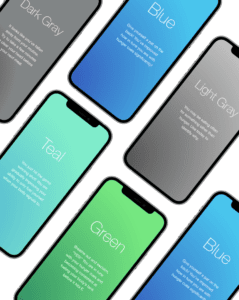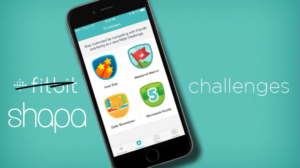What should you eat before and after you work out?

Are you confused about what to eat before and after you work out? There’s a lot of conflicting advice out there about when, what, and how much to eat around your workouts. Rigorous training, like the kind endurance athletes or body builders engage in, certainly does require attention to specifics. However, if you’re someone who is just trying to get healthier and maybe lose some weight, with the goal of working out for an hour or less each session, this article is for you! Ultimately, what works best for you around your training will be highly individual, and you may have to experiment a bit to find the right eating pattern for you.
Meal timing around your workout
If you’ve eaten a complete meal in the one to two hours before your workout, and will eat another complete meal in the one to two hours afterwards, then you’re set – eating closely before or immediately after you work out is purely optional. On the other hand, if you feel hungry, even a low-grade, “I could eat” hunger, you may want to consider a small meal or snack 30-60 minutes before exercising. You may be able to eat even closer to your training session, but it varies by individual. I can eat a few minutes before I work out, but I have friends who would get sick if they ate less than 30 minutes before exercise. Know yourself!
Fasting and workouts
Do you like to exercise first thing in the morning on an empty stomach? There are no hard and fast rules about this – if you feel great, keep it up. But if you find yourself slogging through your workout, it’s probably because you’re running on empty. First, make sure you’re hydrated. That goes for periods of fasting, too. You wake up dehydrated every morning, and your cells can’t function their best unless they get some fluid, pronto! Drink at least one full glass of water as soon as you wake up, and remember to drink water throughout your workout, too.
If you enjoy early morning workouts but struggle with unstable blood sugar, like in the case of diabetes, working out in a fasted state is not a good idea, as it may cause your blood sugar to drop too low. While eating a meal might not be feasible for you based on timing, grabbing an easy-to-digest protein shake or whipping one up quickly in the blender before you work out is your best bet.
Prioritize carbs before you work out
Your muscles store carbohydrates in the form of glycogen, and draw upon these stores during exercise. Ever feel like you hit a wall halfway through your workout? Empty glycogen stores may be to blame. To ensure that you can give your workout your all, you’ll want to make sure to include carbohydrates in your pre-workout meal or snack. Carb-friendly foods I recommend include:
- Plain oatmeal
- Fruit
- Toast
- Whole grain crackers
- Sweet Potatoes
- Hummus
- Fruit and nut bar (like a Lara Bar)
Above all, make sure that whatever you eat pre-workout is easy to digest for you.
Check out this post for more carb ideas to eat before you work out!
Make protein the star after you work out
Once you finish your workout, your muscles have a very important job to do: Repair! Eat adequate protein after you work out to help provide your muscles with the amino acids they need to recover. This will also help ensure you’re ready for your next training session. While protein is the name of the game, you will also want your post-workout meal or snack to include carbohydrates. Not only do carbs help replenish your energy so you avoid feeling wiped, they also aid your muscles in taking up more of the protein you’ve just eaten. Some of my all-time favorite post-workout meals include:
- Greek yogurt topped with cereal and/or fruit
- A protein shake made with unsweetened almond milk, whey isolate protein powder, and frozen fruit
- A piece of sprouted grain toast topped with turkey breast slices or tuna
- Plain oatmeal mixed with protein powder
- Grilled chicken and a sweet potato
Workouts are supposed to make you feel revived and energized! Eating within 1-2 hours after training will help prevent those blood sugar lows that lead to feeling depleted and exhausted.
Check out more of my favorite protein and carb sources to eat after you work out here.
Not hungry right after you work out but ravenous the rest of the day?
I often hear from clients that working out makes them feel famished for the rest of the day, especially after cardio-heavy workouts like spin and Orangetheory. When I ask them what they eat after they work out, they tell me they can’t eat for a while, and that makes sense – increased body temperature as a result of the workout can temporarily dampen your appetite… but then the hunger hits like a tsunami, and you might feel like your stomach is a black hole for hours afterwards. If this sounds familiar, I encourage you to force yourself to eat a protein and carbohydrate-rich snack within an hour of your workout. Although it breaks the only-eat-when-you’re-hungry guideline, it’s well worth it to prevent you from eating your face off later.
To recap
If you’re the average exerciser – you work out for an hour or less for general health and weight loss – you don’t have to stress too much about timing your meals perfectly. Do you usually eat a complete meal within an hour or two before you work out, and don’t feel hungry? Great! No need to fuel extra before. If you do feel hungry, grab a carbohydrate-rich snack and feel free to add some protein and fat. Post workout, prioritize protein, but don’t forget the carbs. Eating a complete meal within 1-2 hours after exercise should be adequate to refuel, but if you become a Hangry Heidi the rest of the day, consider eating as soon as you can right after your workout.
And remember, what works for your friend may not work for you! Don’t be afraid of experimenting with foods and timing until you find what makes you feel your absolute best.
Looking to sleep better, eat a bit healthier, build a practice of self-care, or just want to feel more energetic each day? Let Shapa be your virtual coach. Shapa focuses your program based on YOUR lifestyle and YOUR goals so you can build healthy habits and achieve lasting results. Learn more about the Shapa difference.
About the author: Sharone completed her Masters of Science in Nutrition and Education at Columbia University. Having overcome her own not-so-great relationship with food, she is passionate about helping others achieve their health and weight loss goals while finding balance. She enjoys hanging out with her two daughters, husband, giant dog, and cat, especially all together when shenanigans are involved. To learn more about scheduling a nutrition counseling session with Sharone, click here. For more tips and tricks for nutritious living, check out Sharone’s Instagram and Twitter.
Check out more of Sharone’s articles on the Shapa Blog here.




